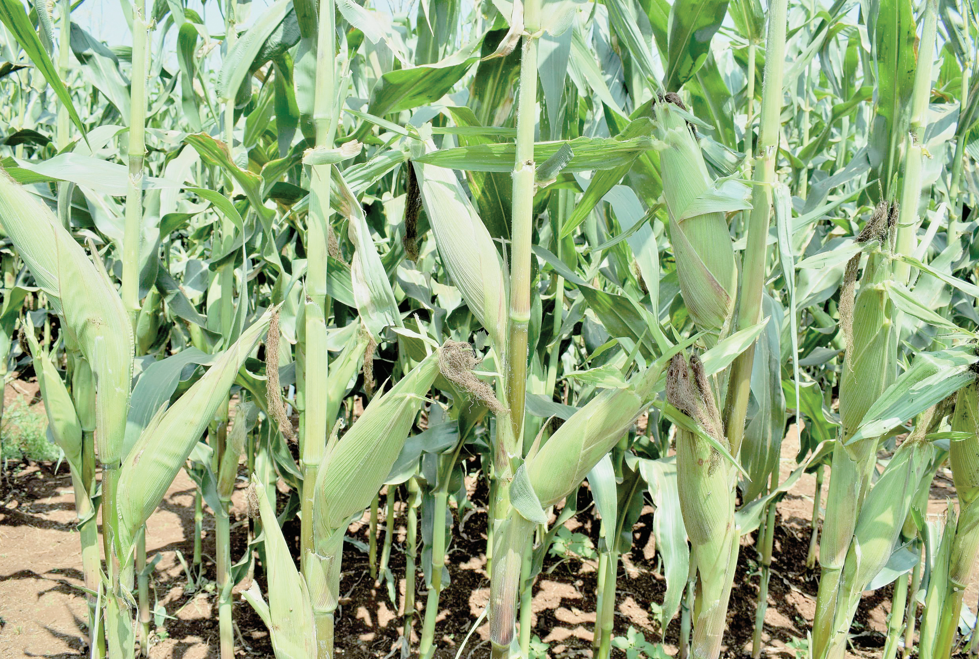State to provide farmers hybrid maize seeds next year to boost production

Maize seed market in the country is set to be transformed following a conclusion of a seven-year research that guarantees high-quality hybrid seeds.
The research based on maize Seed Production Technology for Africa (SPTA) guarantees farmers improved yields while lowering the cost of goods and complexity of producing the seed.
Kenya Agriculture and Livestock Research Organisation (Kalro) Director- General Eliud Kireger (pictured) said the seeds will be released to farmers after bulk production by companies next year.
The development of SPTA technology, which is set to benefit farmers through assured seed quality and higher yields in low yielding environments, has been realised through collaboration of key local and international researchers.
Production systems
“Preliminary engagement with seeds producers in Kenya showed great interest since the technology fits and simplifies existing production systems of most seed companies,” Kireger disclosed during a recent field visit to Kitale.
The technology, he added, will be available royalty free for small and medium sized seed companies.
Key players involved in the development of the technology are Kalro, Corteva Agriscience, Agricultural Research Council of South Africa Qualibasic Seed and the International Maize and Wheat Improvement Center.
Extensive research and on-farm trials with farmers, Kireger confirmed have been undertaken at Kalro research centres of Kiboko, Embu, Kakamega, Kirinyaga, Busia, Bungoma and Kitale.
Kireger explained that the technology utilises naturally occurring maize gene called Ms44 that eliminates the need for detasseling during both steps of three-way hybrid maize seed production.
Detasseling is the process of removing tassels from the top of the maize plant in order to deter self-pollination that may lead to inbreeding.
Boniface Juma, a research scientists and plant genetics at Kalro explained that the technology is expected to cut the cost by 40 per cent and reduce cost of production for seed producers by Sh40,000 which they normally incur in detasseling.
“Poor seed has been found to reduce food security with a significant portion of smallholders’ farmers in Kenya having limited access to affordable improved hybrid maize seed, due in part to challenges faced by seed production,” he said.
Seed companies globally prioritise traits that increase yields and improve tolerance to climate and weather risks through maize breeding and hybrid seed production. Studies confirm that farmers prefer hybrids over comparable open pollinated varieties because they perform better,” he added.
Currently, seed producers and companies in Africa, including Kenya, prevent self-fertilization by manual detasseling, a time-sensitive process, which involves removing the pollen-producing tassels from the seed-bearing maize plants.








